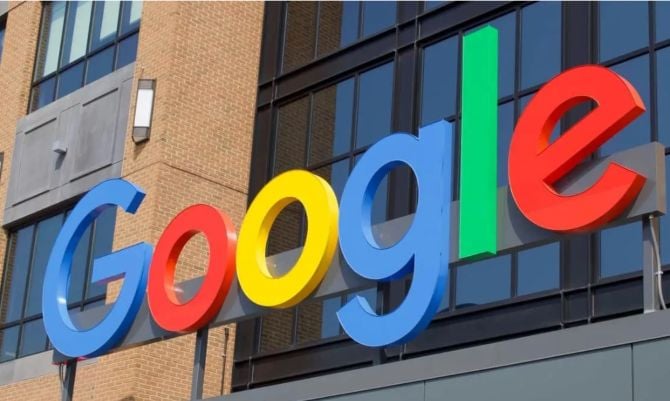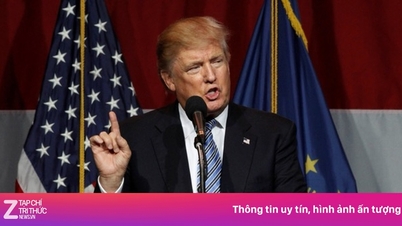
Under the new ruling, Google will have to share data with competitors.
On September 2, Judge Amit P. Mehta of the District Court of Columbia issued a 223-page ruling, ending a phase of the five-year legal battle between Google and the US Department of Justice . Accordingly, to resolve the monopoly in the search field, Google will have to transfer results and some of its search data to qualified competitors. This is an effort to create real competition in a market that Google currently dominates.
The ruling is seen as a compromise compared to the government 's original request. The US Justice Department had previously asked the court to force Google to sell its Chrome web browser and separate other businesses such as Android and the Google Ad Manager advertising platform. The government argued that only by breaking up Google could it break up its monopoly, remove the single "gatekeeper" who controls the flow of information and advertising dollars, thereby creating opportunities for startups and bringing more choice to consumers. However, Judge Mehta did not approve this request.
Investors reacted positively to the ruling, helping Google shares rise 7.2% in trading on September 2. Reuters called this result a "rare victory for Big Tech", as retaining Chrome and Android helps Google eliminate a major concern, as these are extremely important parts of the company's business.
For its part, Google expressed concern that sharing data "will affect users and privacy" and said the company is "carefully reviewing this decision." Google also plans to appeal, which suggests the lawsuit could drag on for years to come.
Google's lawsuit was described by Bill Baer, a former US antitrust official, as "the most important antitrust case of the 21st century." Judge Mehta had previously ruled that "Google is a monopoly and has acted in such a way to maintain its monopoly."
The US government has pointed out that Google spends billions of dollars each year to be the default search engine on browsers and smartphones, with the figure reaching $26.3 billion in 2021. In this way, Google has created a virtuous cycle: top position brings in more users, which in turn gives Google more data to improve its search engine, which in turn attracts more customers, keeping competitors at bay.
Outside of search, another judge ruled in April 2025 that Google had created an “illegal advertising empire” that harmed the digital advertising market.
While the ruling is considered modest, it is the most significant attempt to challenge the dominance of big tech companies since the case against Microsoft more than 20 years ago. This legal battle is not just about Google, but also a test for the world in determining the line between technological innovation and monopoly in the digital age.
Hien Thao
Source: https://doanhnghiepvn.vn/cong-nghe/phai-chia-se-du-lieu-cho-doi-thu-the-doc-quyen-cua-google-co-cham-dut/20250903022137204


![[Photo] General Secretary To Lam receives US Ambassador to Vietnam Marc Knapper](https://vphoto.vietnam.vn/thumb/1200x675/vietnam/resource/IMAGE/2025/9/29/c8fd0761aa184da7814aee57d87c49b3)

![[Photo] The 1st Congress of Phu Tho Provincial Party Committee, term 2025-2030](https://vphoto.vietnam.vn/thumb/1200x675/vietnam/resource/IMAGE/2025/9/30/1507da06216649bba8a1ce6251816820)
![[Photo] Solemn opening of the 12th Military Party Congress for the 2025-2030 term](https://vphoto.vietnam.vn/thumb/1200x675/vietnam/resource/IMAGE/2025/9/30/2cd383b3130d41a1a4b5ace0d5eb989d)
![[Photo] General Secretary To Lam, Secretary of the Central Military Commission attends the 12th Party Congress of the Army](https://vphoto.vietnam.vn/thumb/1200x675/vietnam/resource/IMAGE/2025/9/30/9b63aaa37ddb472ead84e3870a8ae825)






























![[Photo] General Secretary To Lam attends the ceremony to celebrate the 80th anniversary of the post and telecommunications sector and the 66th anniversary of the science and technology sector.](https://vphoto.vietnam.vn/thumb/1200x675/vietnam/resource/IMAGE/2025/9/29/8e86b39b8fe44121a2b14a031f4cef46)






























































Comment (0)